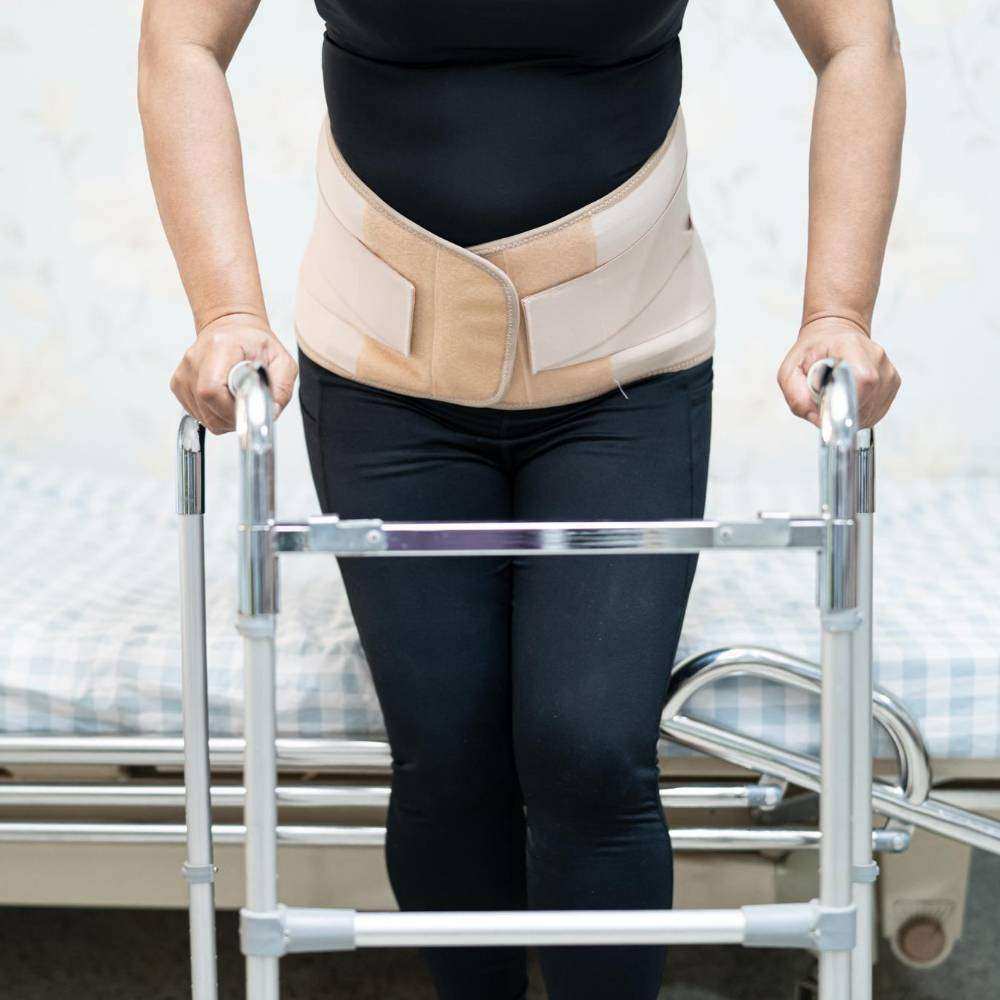Respiratory infections are a common health problem, especially in the colder months of the year.
These conditions can range from mild, such as the common cold, to severe, such as pneumonia. Fortunately, there are several effective strategies for preventing these infections. This article will explore prevention methods, focusing on practical measures and products that can help reduce the risk of infection.

1. Hand hygiene
Hand washing is one of the most effective ways of preventing respiratory infections. Viruses and bacteria can be easily transferred from surfaces to hands and then to the nose or mouth. Washing your hands with soap and water for at least 20 seconds several times a day is essential. It is also recommended to use alcohol-based disinfectants when it is not possible to wash your hands.
2. Wearing masks
Masks are a valuable tool, especially in environments where social distancing is not possible. They help filter out particles that may contain viruses and bacteria, reducing the likelihood of inhalation. High-quality masks, such as the N95 or equivalent, offer greater protection.
3. Social Distancing and Breathing Etiquette
Keeping a safe distance from people who are coughing or sneezing can reduce the risk of infection.
In addition, practicing respiratory etiquette - covering your mouth and nose with a tissue or your elbow when coughing or sneezing - is essential.
4. Vaccination
Vaccines are an important line of defense. Annual flu vaccination is recommended, as well as other relevant vaccines, such as pneumonia vaccination for risk groups.
5. Strengthening the Immune System
A balanced diet rich in vitamins and minerals, regular exercise and adequate sleep are key to keeping the immune system strong. Supplements such as vitamin C, vitamin D and zinc can be considered, after consultation with a health professional.
6. Avoid Smoke and Pollutants
Smoking and exposure to pollutants can damage the lungs and reduce resistance to infections. Avoiding smoking and polluted environments is an important preventative measure.
7. Humidifiers and Air Purifiers
Dry air can irritate the airways and make them more susceptible to infections. Humidifiers can help keep air humidity at comfortable levels. Similarly, air purifiers can remove particles and pathogens from the air.
Preventing respiratory infections is multifaceted and requires a combination of personal hygiene practices, public health measures and healthy lifestyle choices. Remember, these are
general preventive measures. For advice specific to your situation, always consult a health professional.
Staying informed and adopting these practices can significantly help reduce the risk of respiratory infections, contributing to your health and well-being.


